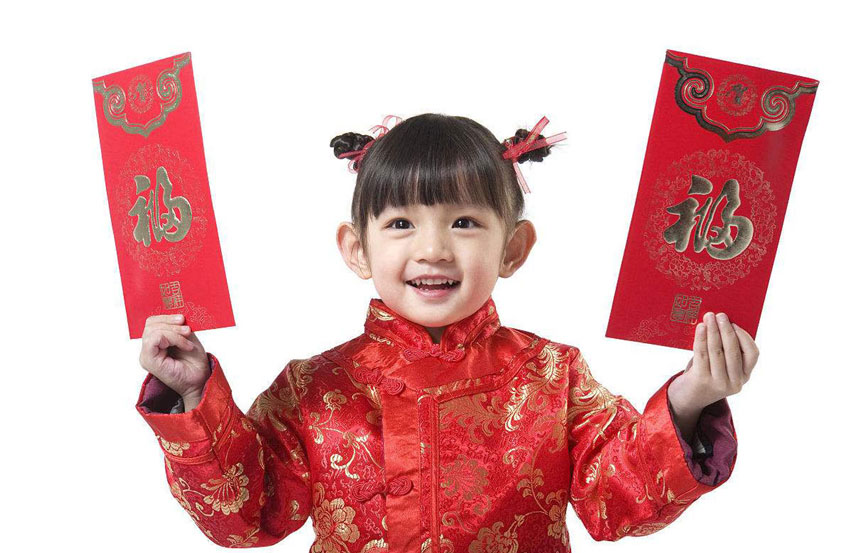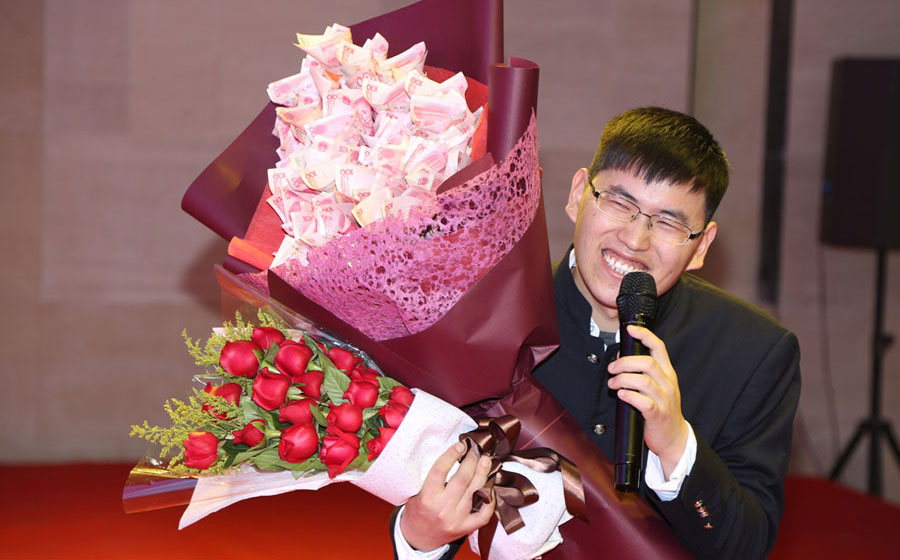Money means everything in Chinese culture
People in China are known to have a full blown obsession with money. Their lives revolve around how much you earn and how much you can spend
They are some of the biggest spenders in the world, yet they are also famous for their money-saving habits.
Chinese children are often trained to save money. In fact, it is common to see Chinese toddlers who already have their own piggy banks where they put their coins. This is because the Chinese believe that saving money is an honorable practice, and is one that should be encouraged from a young age.
On every New Year or birthday, Chinese children usually get cash gifts in red envelopes that they end up saving.
The red envelope with “lucky money” (“Hong bao” in Mandarin) is one of the iconic symbols of the Chinese New Year and a way to build and cement relationships between family and friends at the start of a fresh year.
Red envelopes are also considered to be the best gifts for weddings and for other special occasions, because the recipient can do anything with the money.
Through practices like “Hong bao” giving, kids are indoctrinated into this money-centric society from a young age. Loving money has been institutionalized.
Money is in every aspect of Chinese culture and society.
For example, the Chinese believe that one who has money makes a better marriage candidate. It is still a common practice in China to have arranged marriages, especially in well-off families. To be considered as a suitable candidate for marriage, you should be financially stable and the more money you have, the better the prospect you become.
That is why a bouquet of crisp banknotes is considered to be a worthy present for a girlfriend. Such gift is much more practical than ordinary flowers, and it significantly raises the chances of a successful proposal.
But what are the reasons for such obsession with money?
Firstly, people in China place great emphasis on social status. In fact, surveys have shown that they are actually the most materialistic in the world. Many of them believe that having a lot of money and signature items makes them look impressive to those who don’t have them. In part, they buy stuff not only for themselves, but also to show that they can do so.
Secondly, cultures or people that have undergone a great deal of hardship have been known to value money more than others. It’s a survival mechanism, and it’s easy to see why.
The ironically named Cultural Revolution caused millions to die of starvation. Millions more were displaced. People lost all their worldly possessions as a society built on thousands of years of Confucian ideology was turned on its head.
When you take China’s turbulent past into consideration, it begins to make a lot more sense. Money provides security. The more money you have, the the more secure you are.
Sources: Medium.com, lajollamom.com, wisebread.com
More topics about Chinese mentality
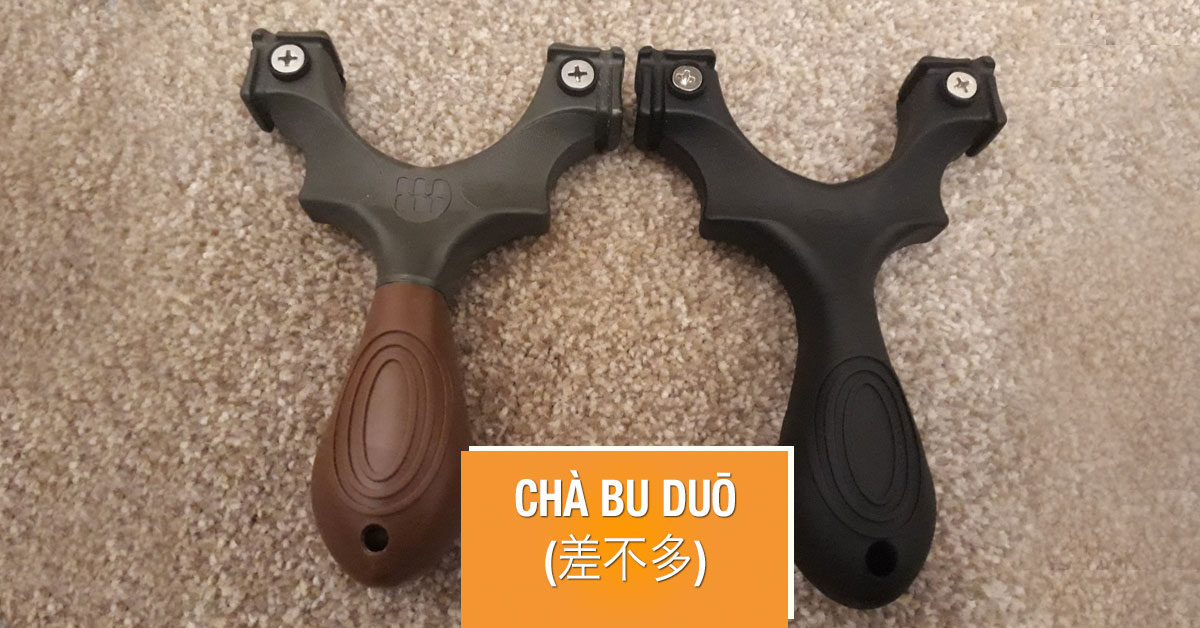
“Cha bu duo” mindset in China
“Cha bu duo” - the key trait of Chinese mentality There is a Chinese expression “Cha bu duo” (差不多), which can be translated as “almost the same” or “good enough”. The “Cha bu duo” concept is one of distinctive traits of Chinese mentality. It basically implies cutting...
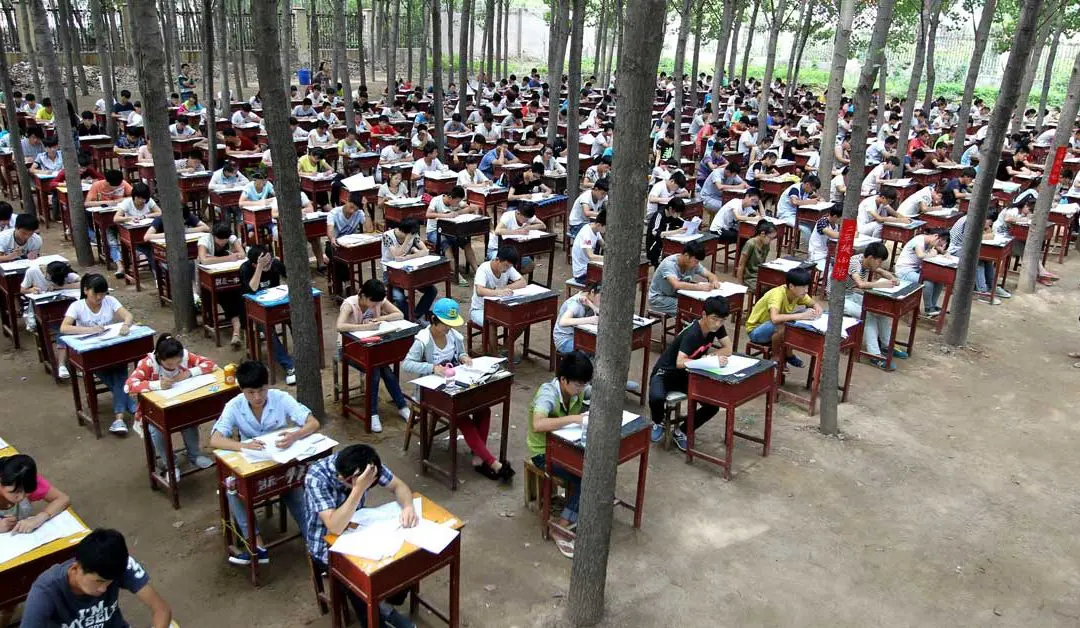
Why only a handful of people in China speak English?
Why is English so hard for the Chinese? About 300 million people in China are learning English, but only a handful of them are able to speak it In modern Chinese society learning the English language is a top priority. According to the official statistics, about 300...
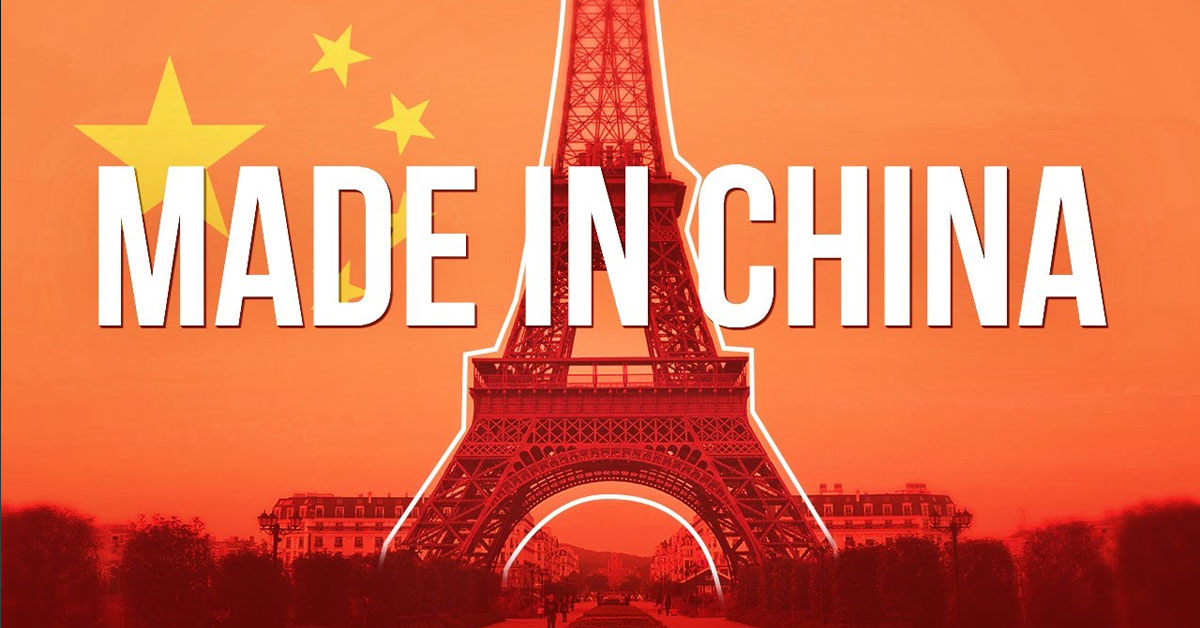
“Shanzhai” – Chinese copycat culture
How China’s copycats became some of the most innovative brands “Shanzhai” means a business model based on producing fake or pirated products, that has earned China the reputation of being a “copycat nation” Chinese companies are known for copying market-proven...



